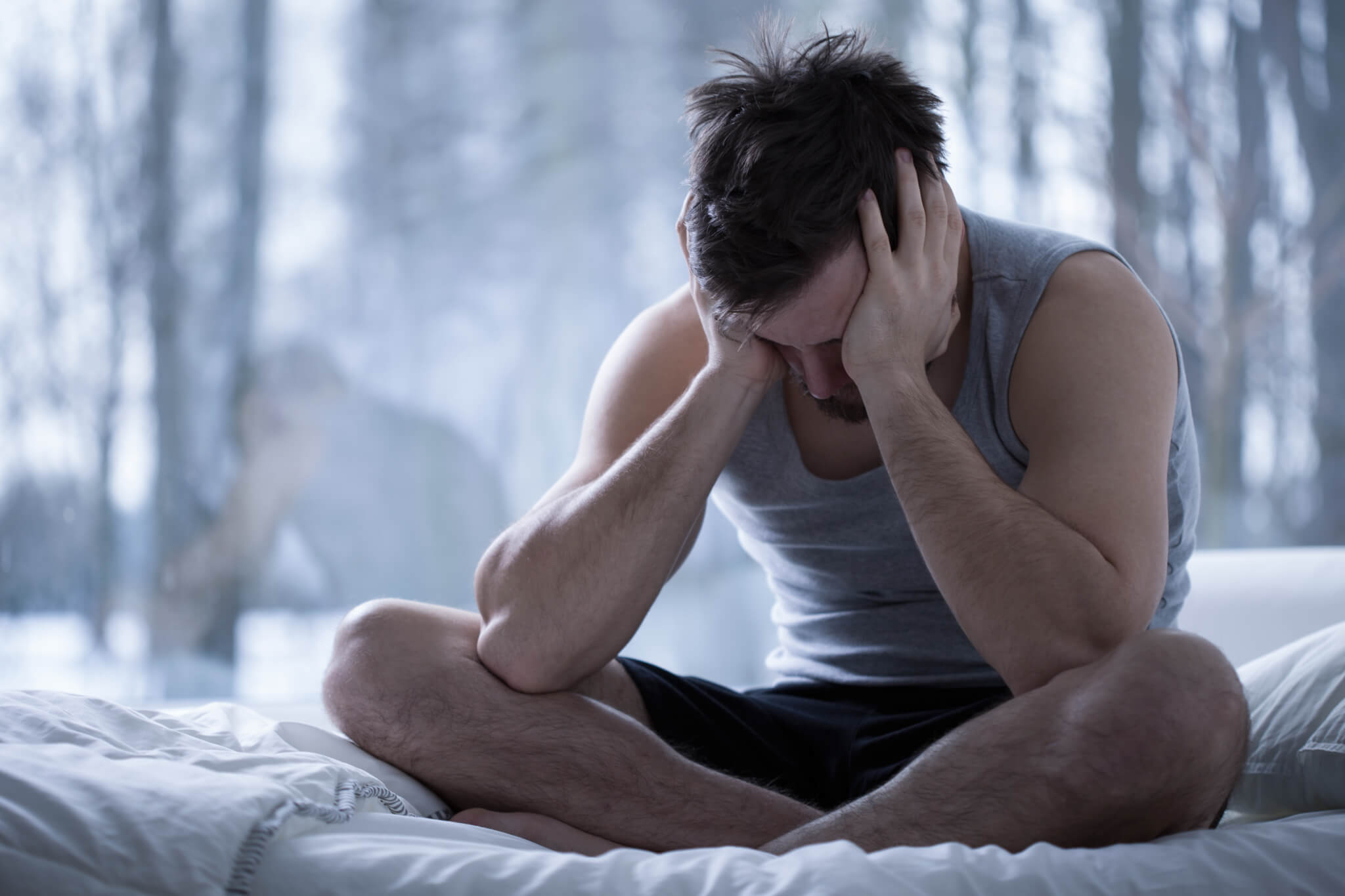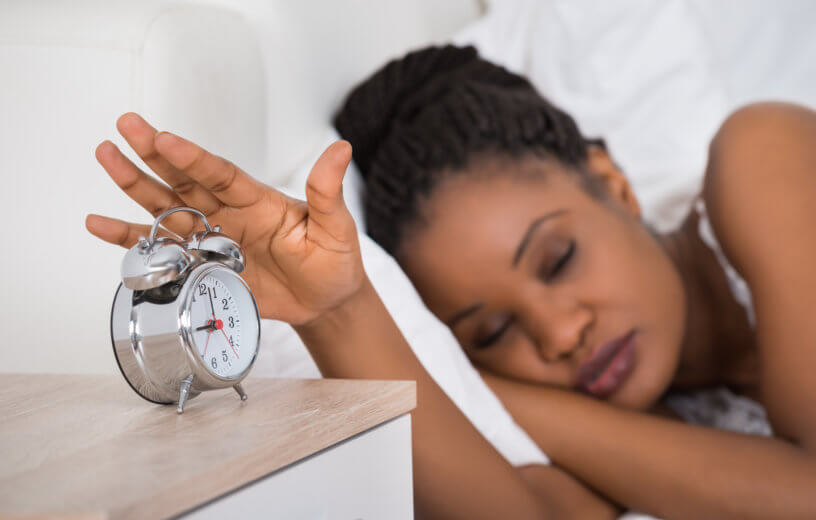STOCKHOLM, Sweden — We’ve all heard the adage “you’re only as old as you feel,” but what if your actual age and perceived age don’t quite match up? It turns out that this concept, known as subjective age, can have profound implications for your health and well-being. According to a new study by researchers at Stockholm University, one of the key factors influencing how old you feel might be something you do every night: sleep.
The study, published in the journal Proceedings of the Royal Society B, included two parts: a cross-sectional survey of 429 adults between 18 and 70 and an experimental sleep study involving 186 participants. Both investigations aimed to uncover how sleep habits and sleepiness affect subjective age.
In the survey, participants were asked how many days in the past month they felt they hadn’t gotten enough sleep. They also rated their current level of sleepiness on a scale from 1 (extremely alert) to 9 (extremely sleepy). The results were striking: for each additional day of insufficient sleep, participants felt 0.23 years older on average. Moving from the most alert to the most sleepy rating was associated with feeling a whole decade older.
The research didn’t stop there. To test if this relationship was causal, the team conducted an experimental study where participants were assigned to either a “sleep saturation” condition (two nights of 9 hours in bed) or a “sleep restriction” condition (two nights of 4 hours in bed). The effect was even more pronounced: after sleep restriction, participants felt an average of 4.44 years older compared to after sleep saturation.
“This means that going from feeling alert to sleepy added a striking 10 years to how old one felt,” says study co-author Leonie Balter in a statement.

So what’s going on here? The authors suggest that sleepiness may be a key mediator. When we don’t get enough sleep, we feel more sleepy, and this, in turn, seems to make us feel older. In fact, when the researchers accounted for sleepiness in their analysis, the effect of sleep restriction on subjective age disappeared, indicating that sleepiness was driving the relationship.
Interestingly, the importance of sleep for feeling young seemed to increase with age. While insufficient sleep and sleepiness made everyone feel older, the effect was more pronounced in older participants. This suggests that as we age, protecting our sleep becomes increasingly crucial for maintaining a youthful subjective age.
The study also looked at chronotype – whether someone is naturally a “morning lark” or a “night owl.” They found that evening types generally felt older than morning and intermediate types. However, morning types showed the biggest jump in subjective age after sleep restriction, suggesting they may be especially sensitive to sleep loss.
While more research is needed to fully understand the mechanisms at play, the authors propose several possible explanations. Sleep is known to be crucial for a range of recuperative processes in the brain and body. Disturbed sleep has been linked to accelerated biological aging markers like telomere shortening. Sleepiness can also sap motivation to be socially and physically active, which may contribute to feeling older.
The good news is that both sleep and sleepiness are modifiable factors. The study’s findings suggest that interventions to improve sleep or reduce sleepiness (like getting more daylight or strategic caffeine use) could potentially help people feel younger. This, in turn, might encourage more youthful, active lifestyles.
“Safeguarding our sleep is crucial for maintaining a youthful feeling,” adds Balter. “This, in turn, may promote a more active lifestyle and encourage behaviors that promote health, as both feeling young and alert are important for our motivation to be active.”
Of course, the study has limitations. It primarily focused on sleep duration and sleepiness, and more research is needed on how other dimensions of sleep (like sleep quality) impact subjective age. Seasonal effects and individual differences in light exposure may also play a role. While the results held true for the general population, more work is needed in clinical populations.
Nonetheless, the study provides compelling evidence that sleep is a key piece of the puzzle when it comes to feeling young. So next time you’re tempted to burn the midnight oil, remember: skimping on sleep might not just make you feel tired the next day – it could actually add years to your subjective age. Prioritizing those precious hours of shuteye, on the other hand, may just be the fountain of youth we’ve been searching for.
StudyFinds’ Editor-in-Chief Steve Fink contributed to this report.
